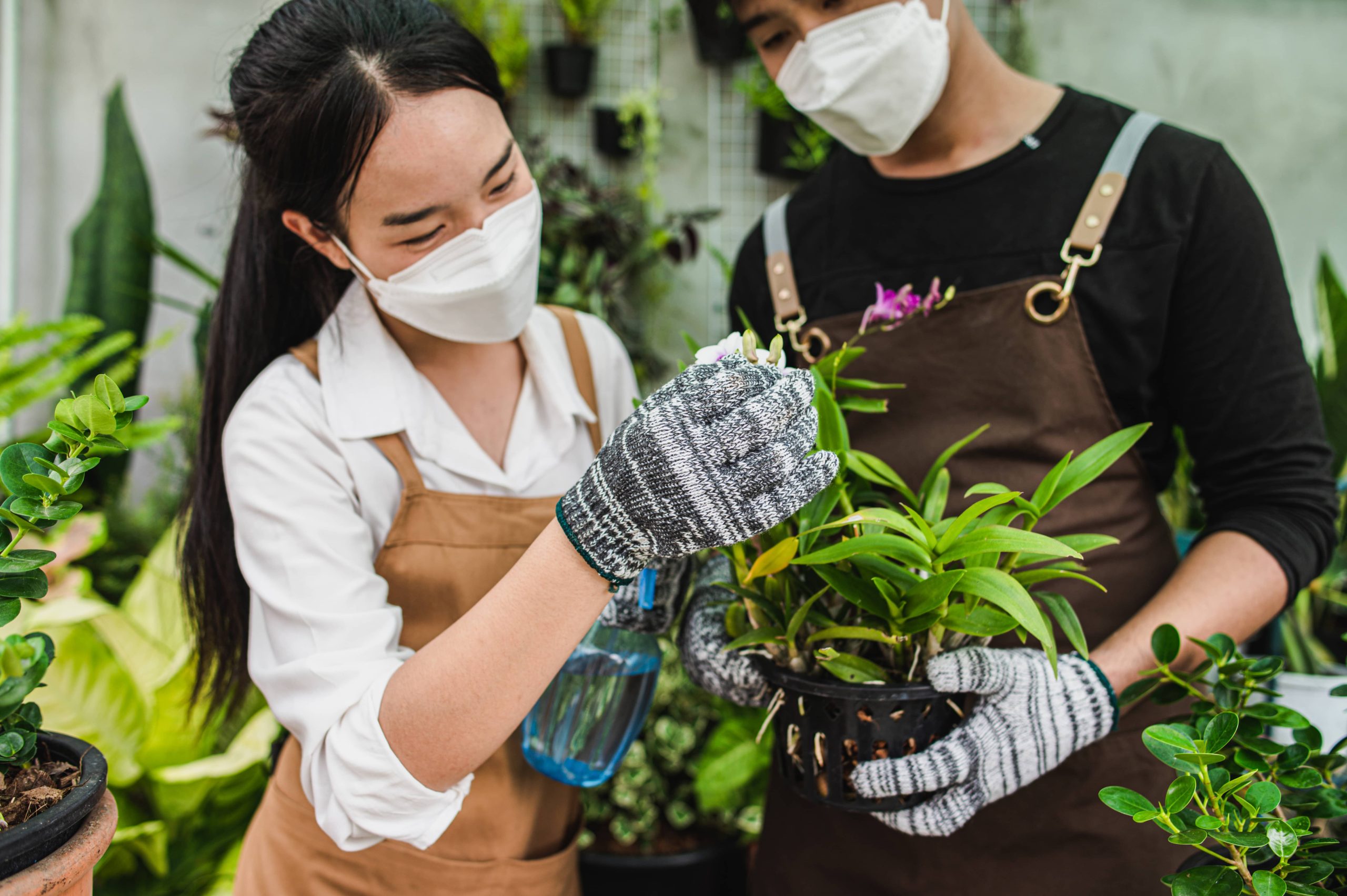
A flourishing garden is an oasis of peace, beauty, and life. Garden enthusiasts and homeowners alike covet a garden that thrives with healthy plants, vibrant flowers, and fertile soil. Yet, every gardener’s dream faces challenges, and pests are arguably one of the most frustrating obstacles. While conventional chemical pesticides offer quick solutions, they often bring with them a host of environmental and health-related concerns. This is where organic pest control methods come into play, creating a safe, sustainable, and serene garden environment.
Understanding Organic Pest Control
Organic pest control involves using natural techniques and materials to prevent or eliminate pest problems, promoting a balanced ecosystem within your garden. Compared to synthetic chemicals, organic methods are less likely to harm beneficial insects, animals, or humans. Moreover, they contribute to soil health and the larger ecosystem, maintaining harmony and biodiversity.
The Foundation: Preventative Practices
Prevention is the best medicine, and this holds true for pest control. Implementing a few simple practices can significantly reduce the likelihood of a pest infestation:
1. Healthy Soil: Begin with quality soil enriched with organic matter like compost. Healthy soil fosters strong plants that can naturally resist pests and diseases.
2. Companion Planting: Harness the natural properties of plants to deter pests. For instance, marigolds can keep nematodes away while basil repels flies and mosquitoes.
3. Diverse Planting: Avoid monocultures by planting a variety of species. This diversity confuses pests that prefer specific plants and reduces large-scale outbreaks.
4. Regular Monitoring: Routinely inspect your plants to catch pest issues early. Spotting a problem early makes it easier to manage with organic methods.
Organic Pest Control Techniques
When pests threaten your garden, it’s time to explore direct organic control methods.
1. Beneficial Insects: Introduce natural predators like ladybugs, lacewings, and predatory beetles to your garden. These insects can tackle aphids, caterpillars, and a host of other pests effectively.
2. Natural Insecticides: Utilize plant-based oils and extracts like neem oil, which disrupts pest growth and development. Another popular option is insecticidal soap, effective against soft-bodied insects like aphids and spider mites without harming plants.
3. Traps and Barriers: Create physical barriers to protect your plants. Floating row covers can deter a variety of flying insects, while copper tape around plant bases can prevent slugs and snails.
4. Diatomaceous Earth: Sprinkle diatomaceous earth around your plants. This natural powder dehydrates and kills soft-bodied insects without posing a threat to humans or pets.
5. Manual Removal: Sometimes, simple is best. Picking off pests by hand or using a strong water spray to dislodge them can be very effective.
6. Home Brews: DIY pest deterrents such as garlic spray, chili pepper spray, or vinegar solutions can be made easily at home. These are gentle on plants but harsh on pests.
Encouraging Natural Ecosystems
To maintain a pest-resistant garden, encourage a thriving ecosystem that supports predatory insects and other wildlife:
1. Create a Habitat: Incorporate birdhouses, bat boxes, or small water features. Birds and bats can control pest populations naturally.
2. Plant Nectar-rich Flowers: These will attract beneficial insects like bees and butterflies, enhancing pollination and plant health.
3. Leave Some Natural Areas: Allow portions of your garden to remain undisturbed, fostering a natural habitat for local fauna.
Advantages of Organic Pest Control
1. Environmentally Friendly: Organic methods reduce chemical runoff, which protects waterways and non-target organisms.
2. Soil Health: These methods promote the vitality of the soil, ensuring it remains a living, dynamic system beneficial for plant growth.
3. Long-term Sustainability: Over time, organic pest control fosters resilient ecosystems that require less intervention.
4. Safe for Humans and Pets: You eliminate the worry of toxic exposure, making your garden safe for you, your kids, and your pets.
Challenges and Considerations
Organic pest control does require diligence and may not offer the instant results that chemicals might. It demands a deeper understanding of your garden and its ecosystem. In some cases, patience is paramount, as building a natural equilibrium can take time. However, the long-term benefits to your garden, health, and the environment far outweigh the commitment required.
Conclusion
Transitioning to organic pest control methods is not just an effort to safeguard the immediate environment of your garden. It is a step toward embracing sustainability and responsibility for our planet’s ecology. Organic strategies might demand more time, creativity, and vigilance, but they ultimately yield a serene garden space that thrives in harmony with nature.
By understanding and harnessing these methods, you cultivate not only a beautiful garden but also a testament to the possibilities of sustainable living. As you explore organic pest control methods, your garden will blossom into a true sanctuary, a place of peace for both its human visitors and the creatures that call it home. Enjoy nurturing your serene garden, knowing it supports both a healthy planet and peace of mind.


